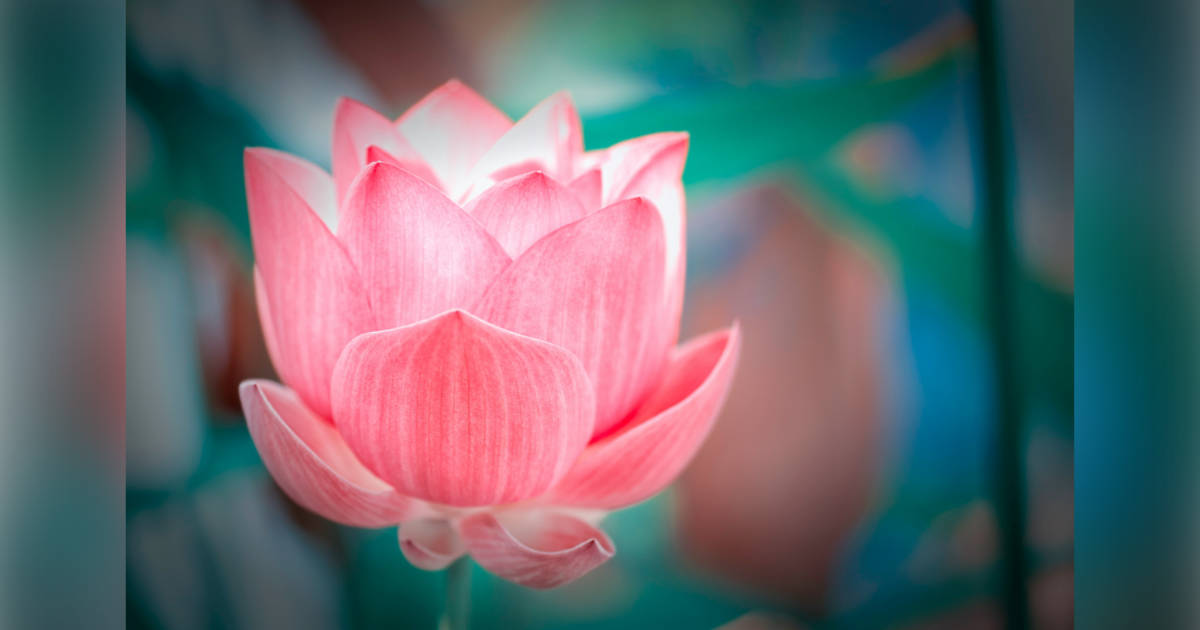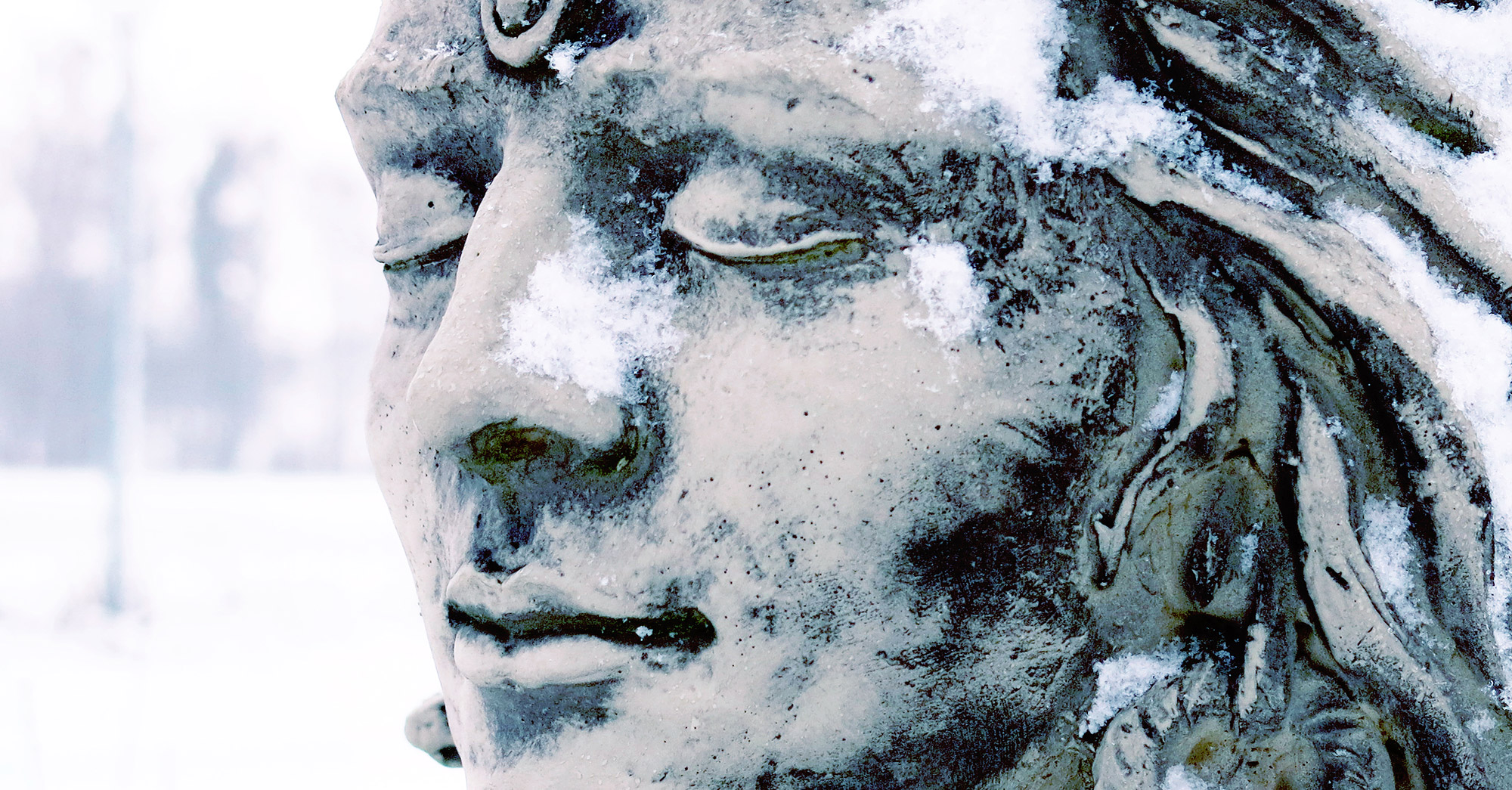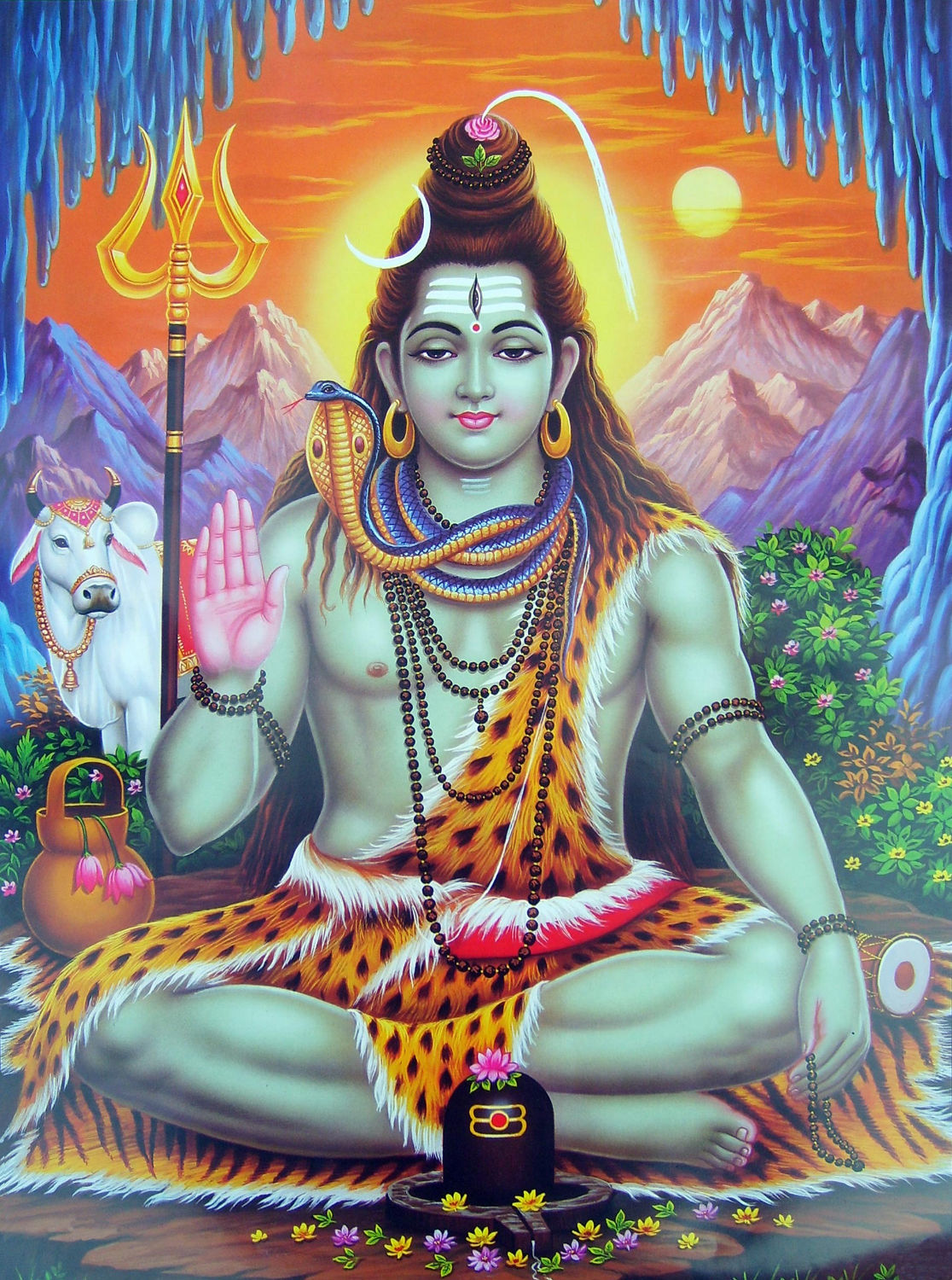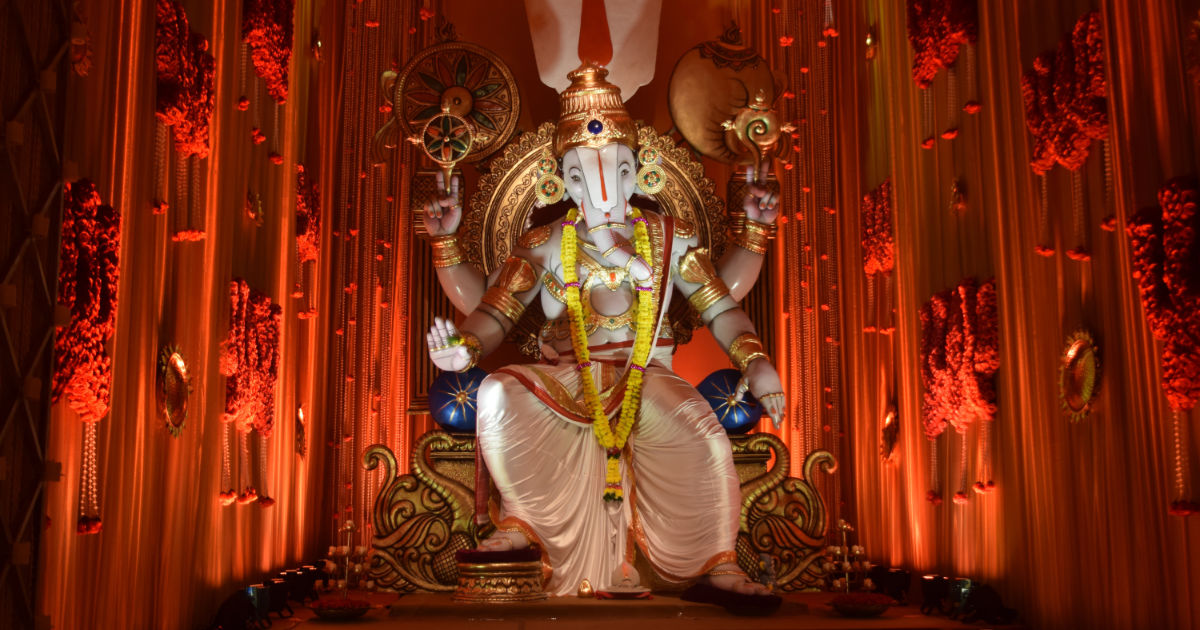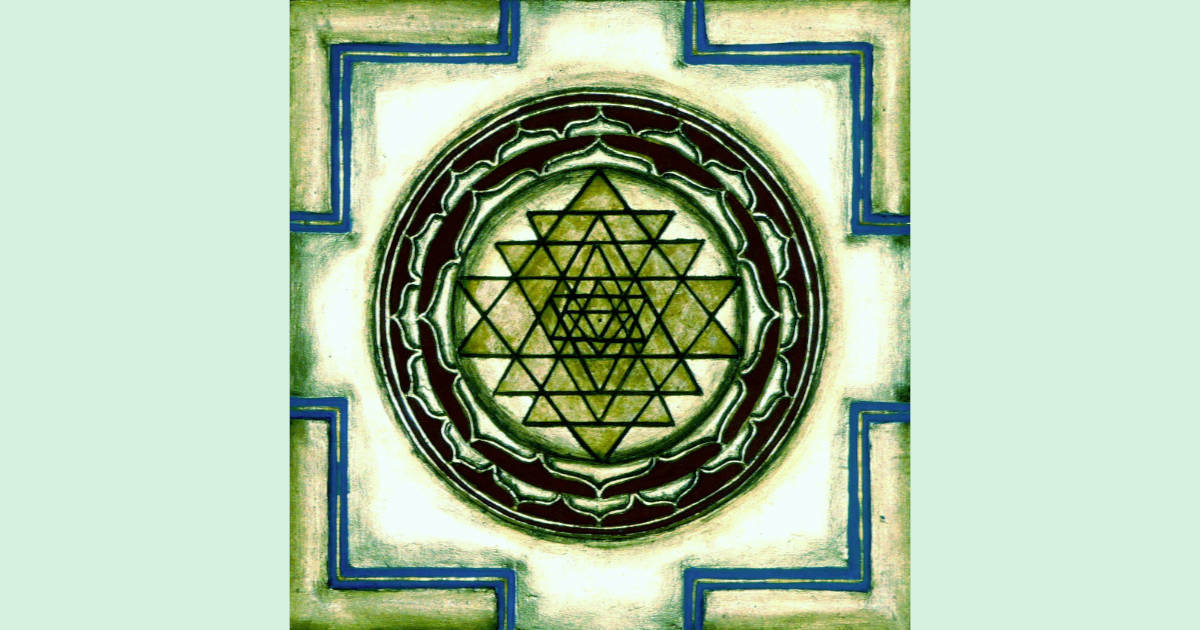Kavach is a protective chant which protects the one, who is chanting with the energy of the god or goddess. It forms a protective shield. Repeating it numerous times will also grant other benefits such as health, wealth or solution of one’s problems. Continue reading
Tag Archives: ishta devata
830 – Forgiveness mantra
Chanted at dawn and dusk.
Karcharana Krtam Va Mantra is known as the Shiva Forgiveness Mantra and Shiva Meditation Mantra. It is also a prayer.
Karacharana Kritam Vaa Kaya Jam Karmajam Vaa
Shravannayanjam Vaa Maansam Vaa Paradham
Vihitam Vihitam Vaa Sarv Metat Kshamasva
Jay Jay Karunaabdhe Shri Mahadev Shambho
799 – Diksha
Diksha Initiation is like that extra burst of energy, which is required to propel you into space between you into the infinite space between you and the self. – Swami Satyananda Saraswati
788 – A Prayer and a Promise
Swami Satyananda asked God to help him only twice.
In 1963 and in 1989, he asked for help from the Divine. He had been told by Swami Sivananda to spread the message of Yoga and to present it in a logical and effective way. From 1956 to 1963 he travelled all over Asia as a wandering sannyasin. On his travels he found that it was almost impossible to become a Seer. Continue reading
767 – Puja and Yagna
What is the difference between Puja and Yagna? The word puja means prayer and it is 2500 years old. It was found in Griha Sutra, which talks about rituals. It describes the ceremonies (samskaras) that mark each stage of an individual’s life, from the moment of conception to the final death rites; the five daily sacrifices (mahayajna); seasonal ceremonies; and those observed on special occasions, such as house building or cattle breeding. The Griha sutra mentions the word pujaniya, worthy of reverence. It is assumed that the word puja comes from it or from south India. In Tamil, pujai means flowers or offering of flowers. Continue reading
183 – Shiva, the Auspicious one
Shankaracharya addresses Shiva, as the great ruler. He says, “O Auspicious One, the Great Ruler, O Compassionate One, O Thou wielder of the Trident, Thou Lord of Gauri and of the creatures, the destroyer of all bondage of the jivas, Thou Lord of Varanasi, out of thy mercy Thou projectest, maintainest and destroyest this world. Thou art the Great Ruler.” Continue reading
107 – Who should be your Ishta Devata
The meaning of Ishta Devata is the personal deity with whom a devotee feels the greatest affinity. According to Swami Sivanananda, our worship of a God is defined by the element which is predominant in us. Our body and mind are composed of five elements. These are earth, water, fire, air and ether. Our elements have to be in harmony for us to tread on the path of self-realization. What ensures that our elements are in balance is the flow of prana. Continue reading
075 – Use of a symbol in Meditation
A symbol is used to make the mind one pointed and to bring about a perception of prana. The symbol is known as the ishta devata. In Sanskrit ishta means desired by your own choice; devata means divine awareness. Continue reading
017 – Ishta Devata
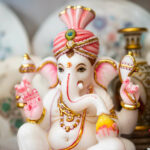 I have written this post twice and it has gone into the ether. I am going to write it again and post it. Yesterday my connection crashed. Today I wrote it again and it went away. Where are all the posts in the cosmos. Can you imagine the conversation, and since our words are there what confusion. Continue reading
I have written this post twice and it has gone into the ether. I am going to write it again and post it. Yesterday my connection crashed. Today I wrote it again and it went away. Where are all the posts in the cosmos. Can you imagine the conversation, and since our words are there what confusion. Continue reading

